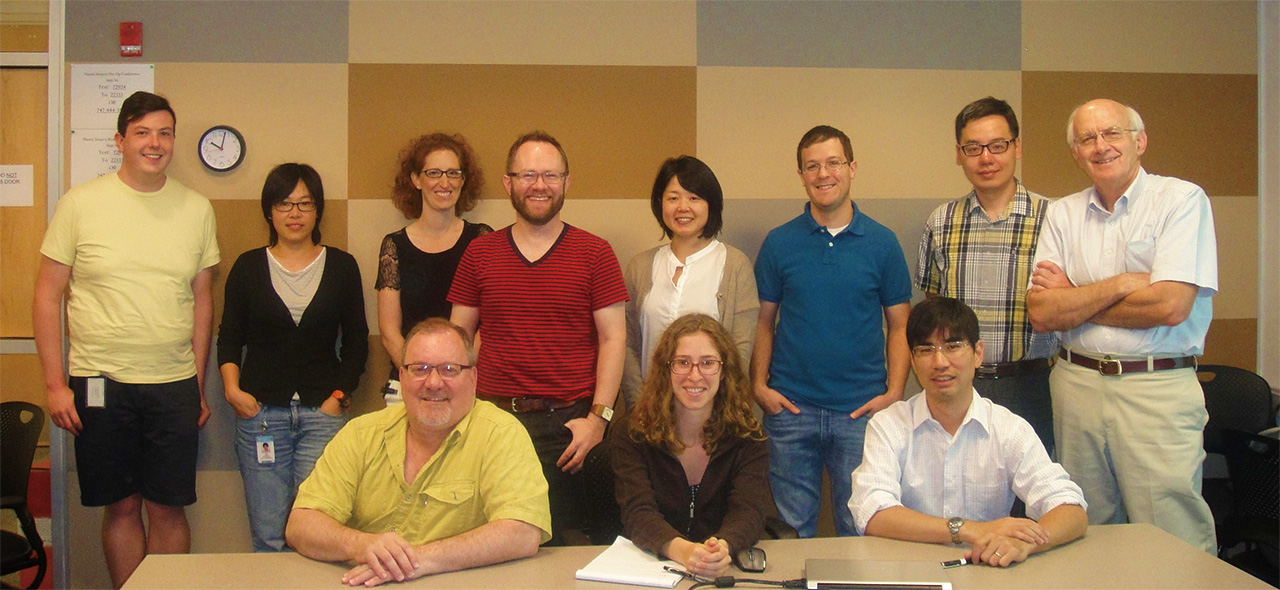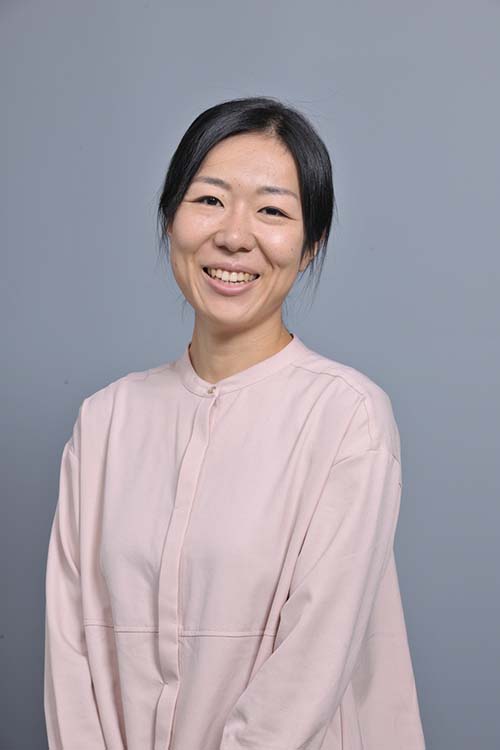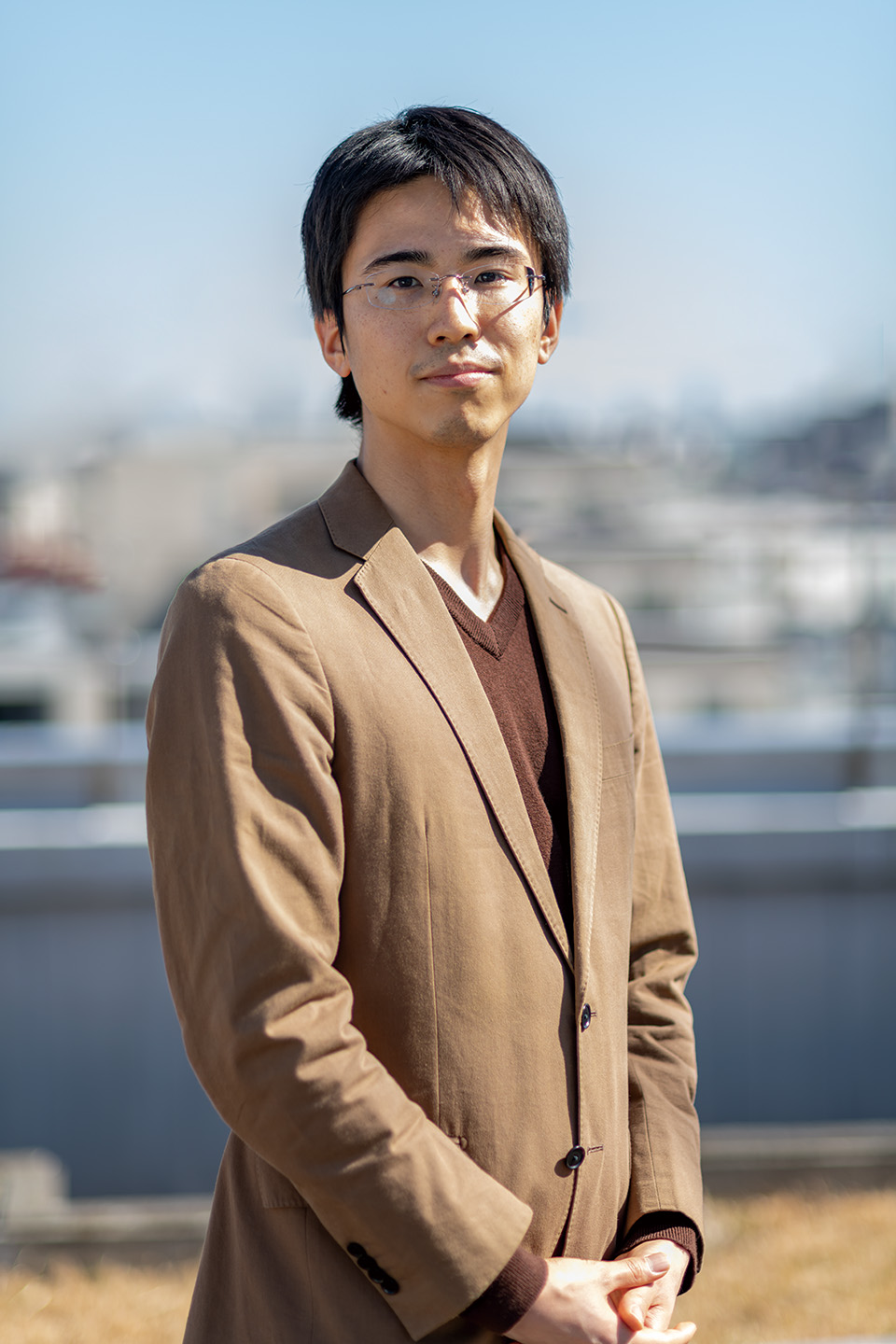Meet our scientists! 2021
The hepatitis C virus (HCV) is a leading cause of chronic liver disease. While effective treatments exist, up to 5% of infected people do not respond to these treatments, resulting in tens of millions of people worldwide suffering from incurable liver disease. Daisuke Yamane, a senior scientist in the Department of Diseases and Infection at TMIMS, has been studying HCV. He previously discovered a curious phenomenon. HCV viral replication is strongly inhibited by lipid peroxidation, the metabolic oxidative degradation of cellular lipids (Nature Medicine 2014 20:927-35.). In his current work, entitled “FADS2-dependent fatty acid desaturation dictates cellular sensitivity to ferroptosis and permissiveness for hepatitis C virus replication,” (Cell Chemical Biology 2021 S2451-9456(21)00362-7. ) he uncovered metabolic pathways that inhibit viral replication and identified therapeutic targets for novel HCV treatments.

Daisuke Yamane (the first from the right on the the front row)
Daisuke
YAMANE
Psychiatric disorders are complex diseases that have a combination of genetic and environmental causes. While various genes that affect diseases such as schizophrenia and bipolar disorders have been identified, environmental contributions and the interactions between genetic and environmental effects that cause these diseases have not been as well-studied. Shinobu Hirai, a senior scientist in the department of Psychiatry and Behavioral Sciences has been studying how a combination of genetic and environmental influences can result in metabolic changes that cause psychiatric effects. Her latest results were published in a paper entitled, “High-sucrose diets contribute to brain angiopathy with impaired glucose uptake and psychosis-related higher brain dysfunction in mice” (Sci Adv. 7, eabl6077(2021)). We spoke to her about her work.

Shinobu
HIRAI
Inflammation can be a protective response by the body to harmful stimuli such as pathogens, tissue damage, and irritants, but it can also have adverse effects. For example, inflammation can increase the severity of various diseases, including cerebral pathologies. Koutarou Nakamura, a graduate student in the Stroke Renaissance Project, studies the inflammatory response to ischemic stroke and identified a novel signaling pathway through which strokes induce inflammation. He further found that inhibition of this pathway decreases the damage caused by strokes. We spoke to him about his recent results, published in a paper entitled, “Extracellular DJ-1 induces sterile inflammation in the ischemic brain,” PLOS Biology| https://doi.org/10.1371/journal.pbio.3000939 May 20, 2021.

Koutarou
NAKAMURA